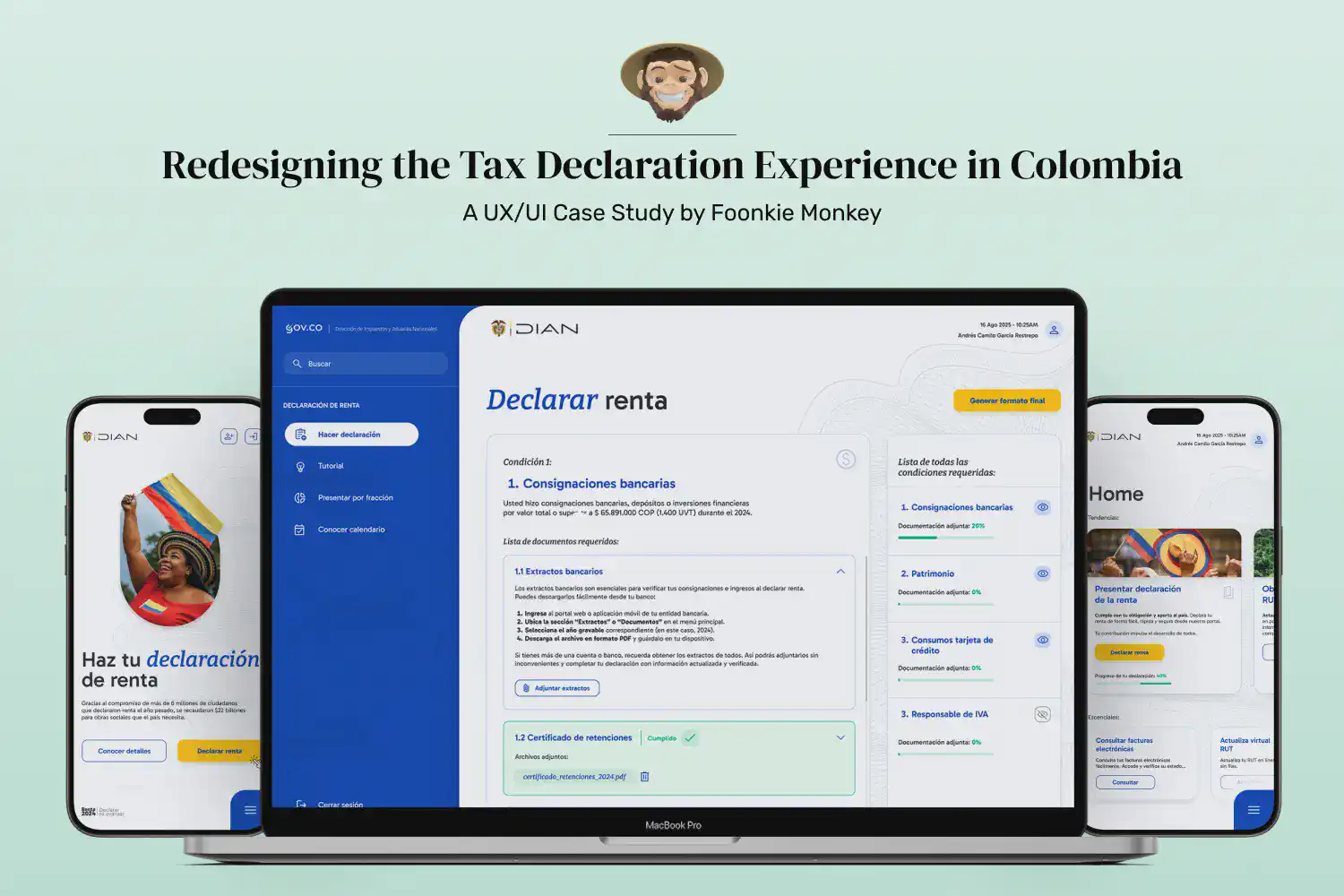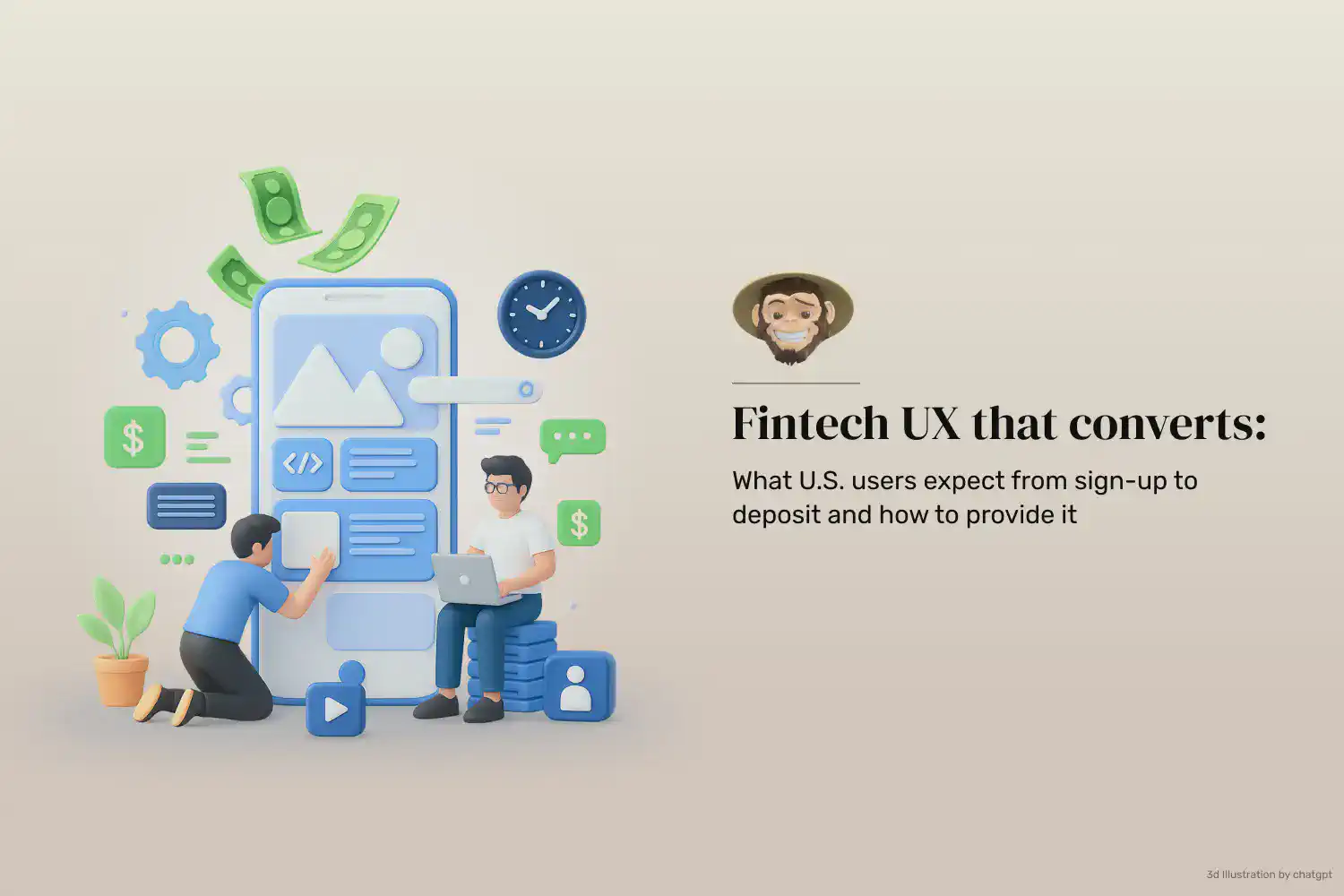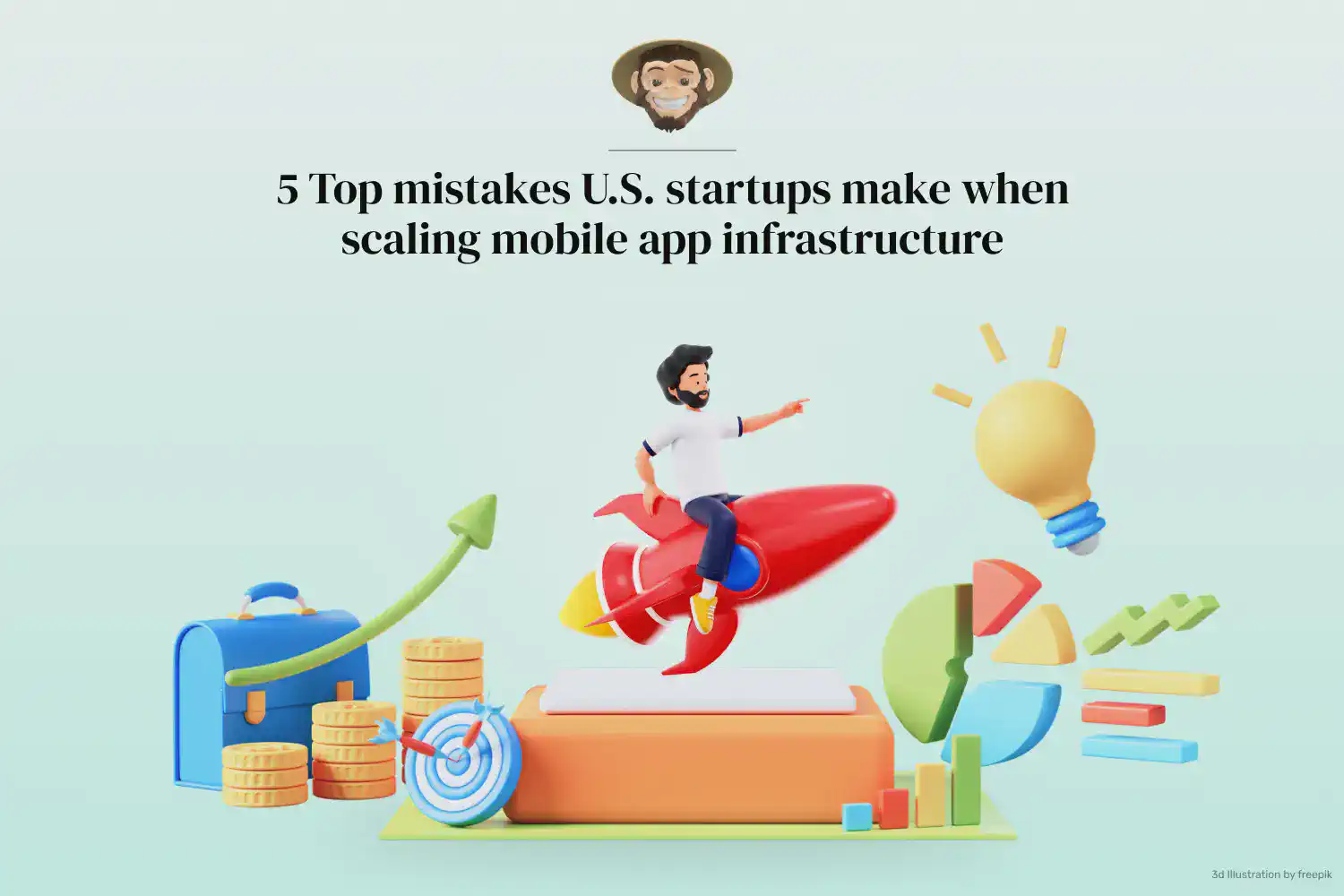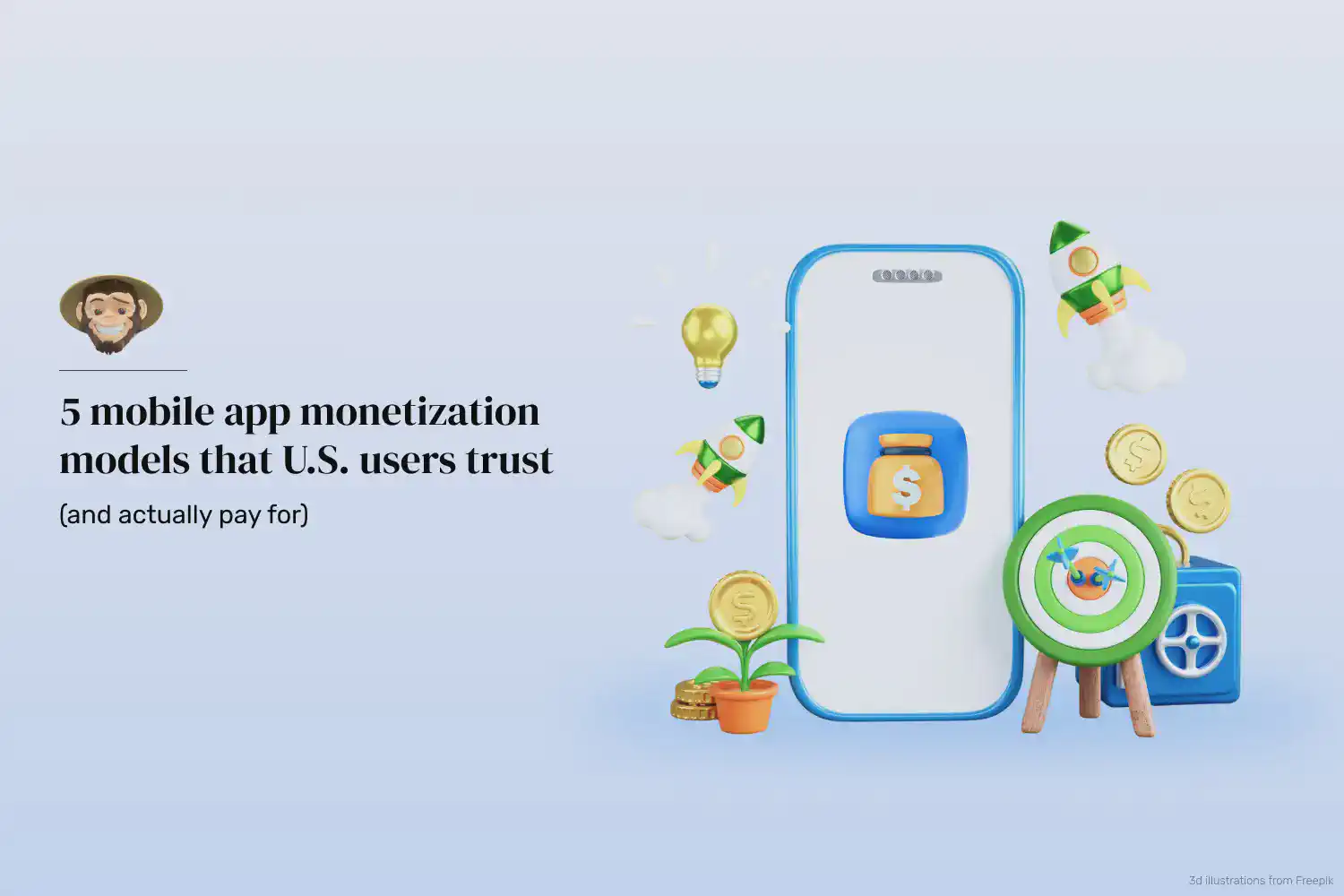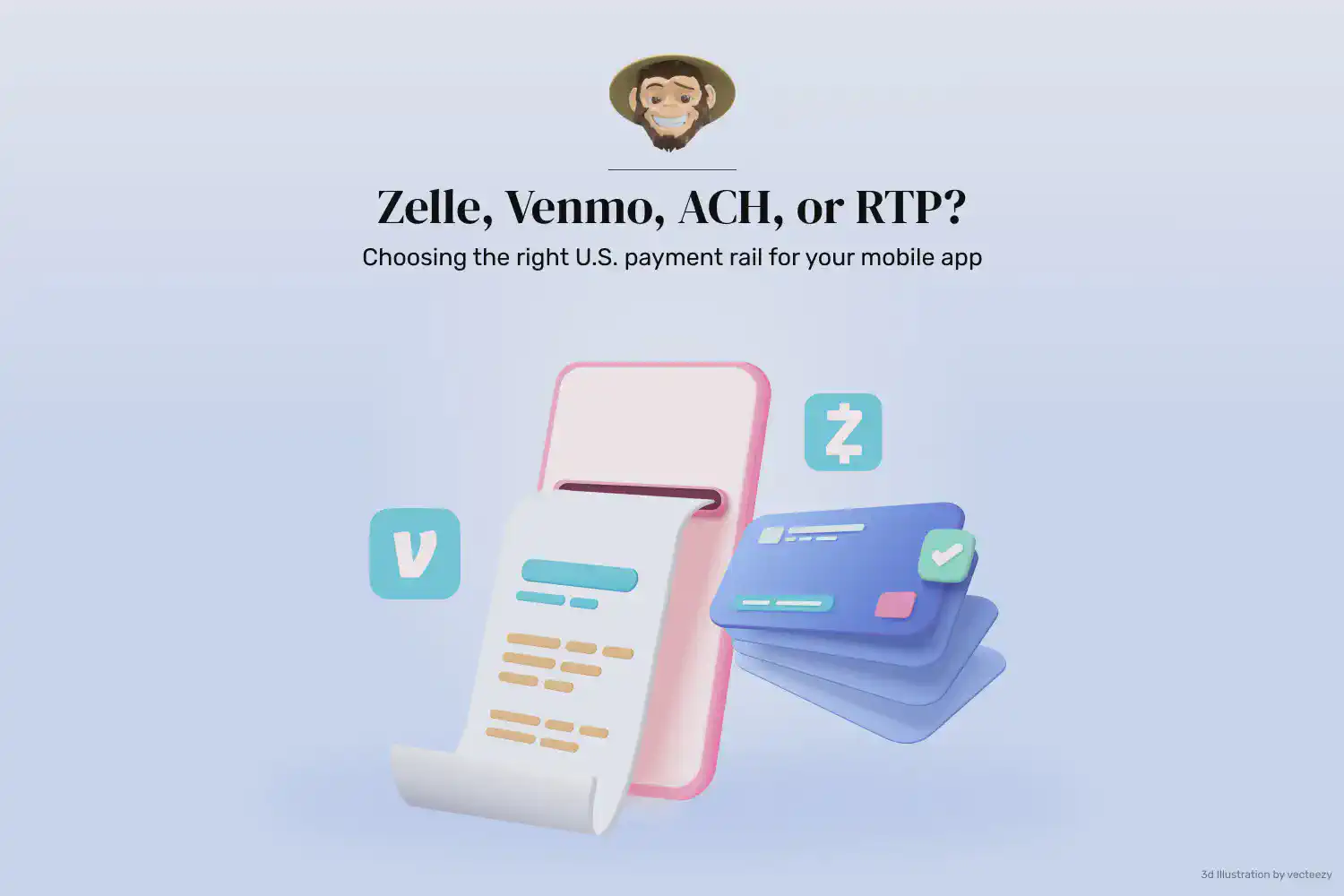Healthcare app development is not just a local trend; it is an industrial phenomenon driving the industry’s rapid evolution. Technological advancements fuel this transformation, shaping the global healthcare horizon for 2025 and beyond.
There’s no denying that the world is undergoing a digital transformation. Industries across the globe are embracing technology’s now evident benefits and evolving to become more efficient in delivering more accessible, personalized, and valuable goods and services. The healthcare industry is no stranger to this phenomenon and has effectively embraced digital transformation, a move that has placed healthcare mobile and software applications and developers at the forefront of this quest to deliver more personalized, efficient, and accessible care.
For 2025 and beyond, healthcare app development is set to undergo significant transformations driven by AI-powered diagnostics, blockchain, more efficient data management, emerging technologies, and the growing demand for patient-centric solutions. These and other technologies and innovations will keep reshaping the industry and opening up new highways for prevention, treatment, and wellness. So, this time around, we at Foonkie Monkey saw an opportunity to explore the key trends and predictions that will define healthcare app development for 2025.
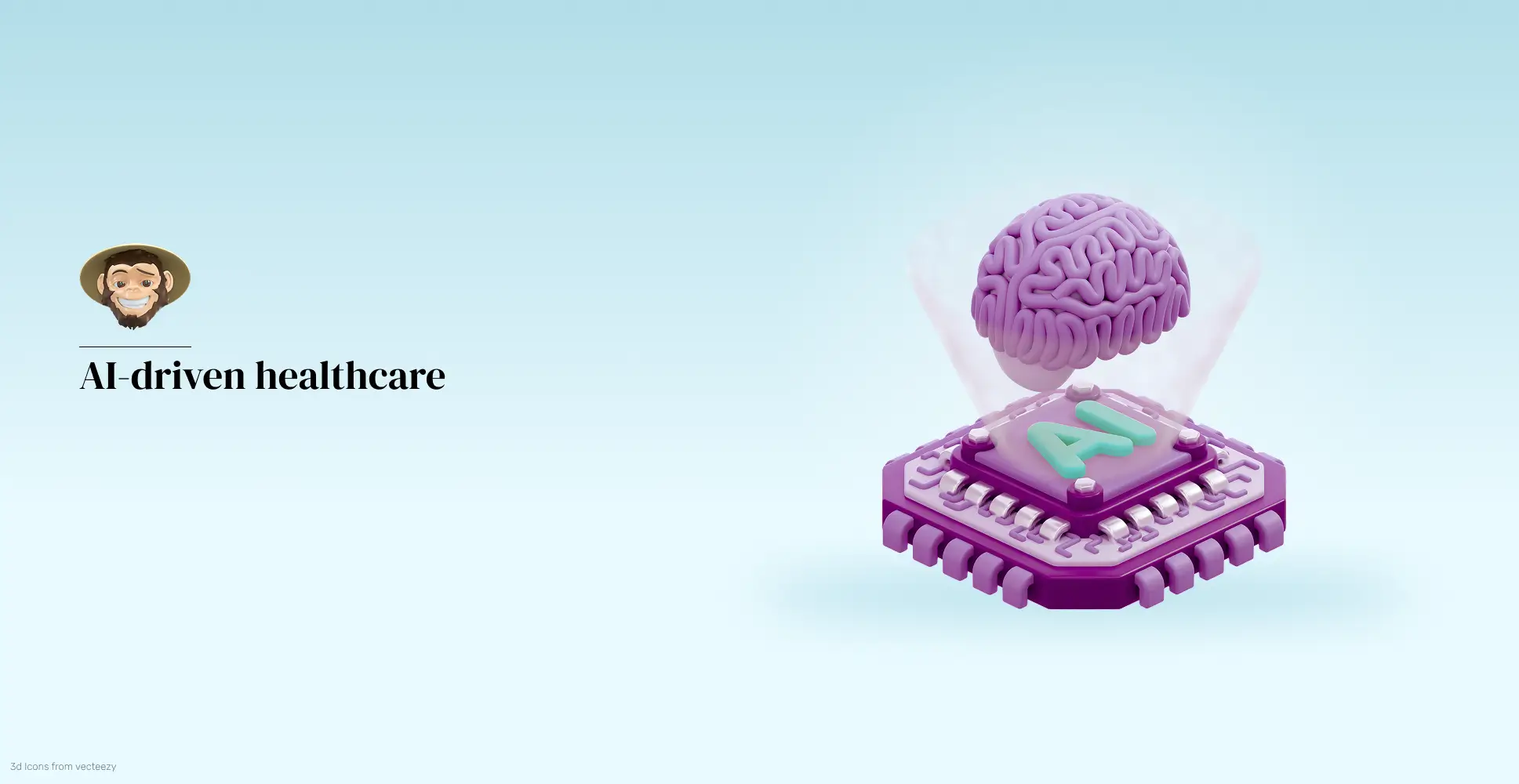
AI-driven healthcare
It’s no secret that artificial intelligence is rapidly and significantly revolutionizing the digital healthcare landscape. With the potential to enable smarter, faster, and more efficient medical care delivery and enhance predictive analytics, diagnostics, personalized treatment plans, and more, AI-driven healthcare apps are set to lead the industry’s transformation. Let’s explore the exciting potential of AI in healthcare and what the future holds.
Enhanced diagnostics: AI-powered apps, like Google’s DeepMind, are set to revolutionize disease detection. These tools will not only detect diseases faster and with near-human accuracy but also identify certain illnesses before symptoms appear, providing reassurance about the accuracy of medical care.
AI, particularly platforms like Atomwise, is making significant strides in drug discovery. By leveraging vast datasets, these AI tools can identify potential compounds for new treatments. In the near future, we can expect these tools to dramatically reduce drug development times and costs, leading to faster access to life-saving medications.
Gap bridging: AI is set to revolutionize healthcare accessibility. By providing medical care to underserved populations and bridging gaps in healthcare scenarios, AI will ensure better translation tools for non-English-speaking patients, more efficient remote medical care, and more capable virtual assistants. This potential of AI in healthcare is a reason for hope in improving healthcare accessibility.
Ambient listening: AI is becoming increasingly valuable for analyzing patient-specific environmental sounds and cues, such as falls, cardiac and respiratory distress, and anxiety attacks, to name a few. Healthcare apps that start leveraging AI for ambient listening will be able to quickly provide real-time insights, detect anomalies, and support proactive care, which is critical for modern healthcare delivery.
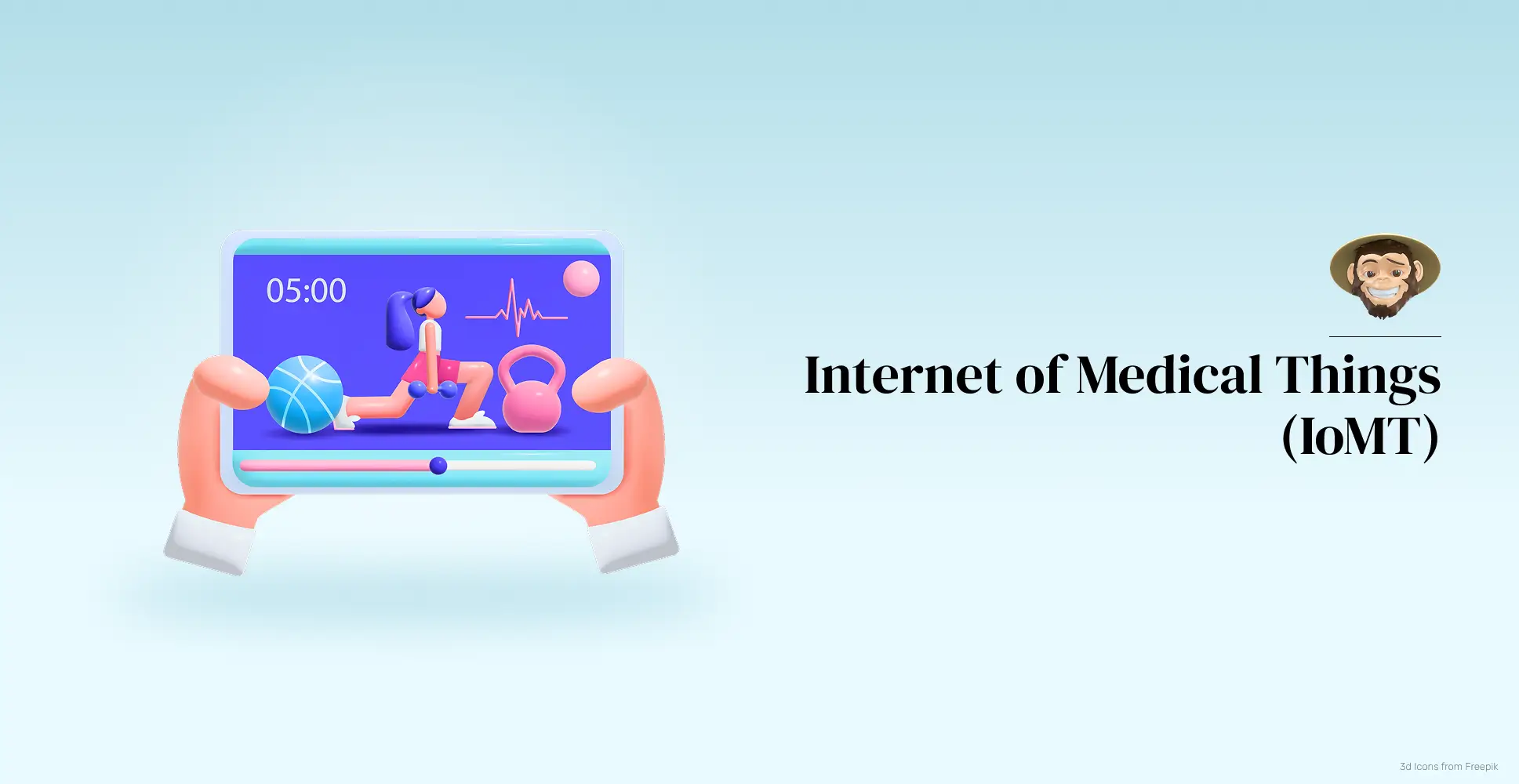
Internet of Medical Things (IoMT)
Although not new, the Internet of Medical Things is rapidly becoming a key player in the digital healthcare arena. Wearables such as fitness trackers, heart rate monitors, glucose sensors, and blood pressure cuffs, as well as the healthcare apps that run them, are increasingly being used by stakeholders to monitor patients’ health in real time. By 2025 and beyond, we expect IoMT apps to become more widespread and connect better and faster with life-saving devices, such as innovative implants, pacemakers, or orthopedic devices, to alert providers of issues more efficiently. These devices will also become more proficient when analyzing health markers to predict and prevent illnesses, help with medication adherence by sending reminders and tracking usage, and detect critical situations of an emergency faster so first responders can get to the patient on time.
IoMT will also play a crucial role in reducing healthcare costs. By facilitating medical care in remote or underserved areas, streamlining workflows, improving resource allocation in healthcare facilities, and integrating with telemedicine platforms to provide real-time health data, IoMT can enable preventive care. The cost-saving benefits of IoMT can reassure the audience of the financial advantages of these innovations.
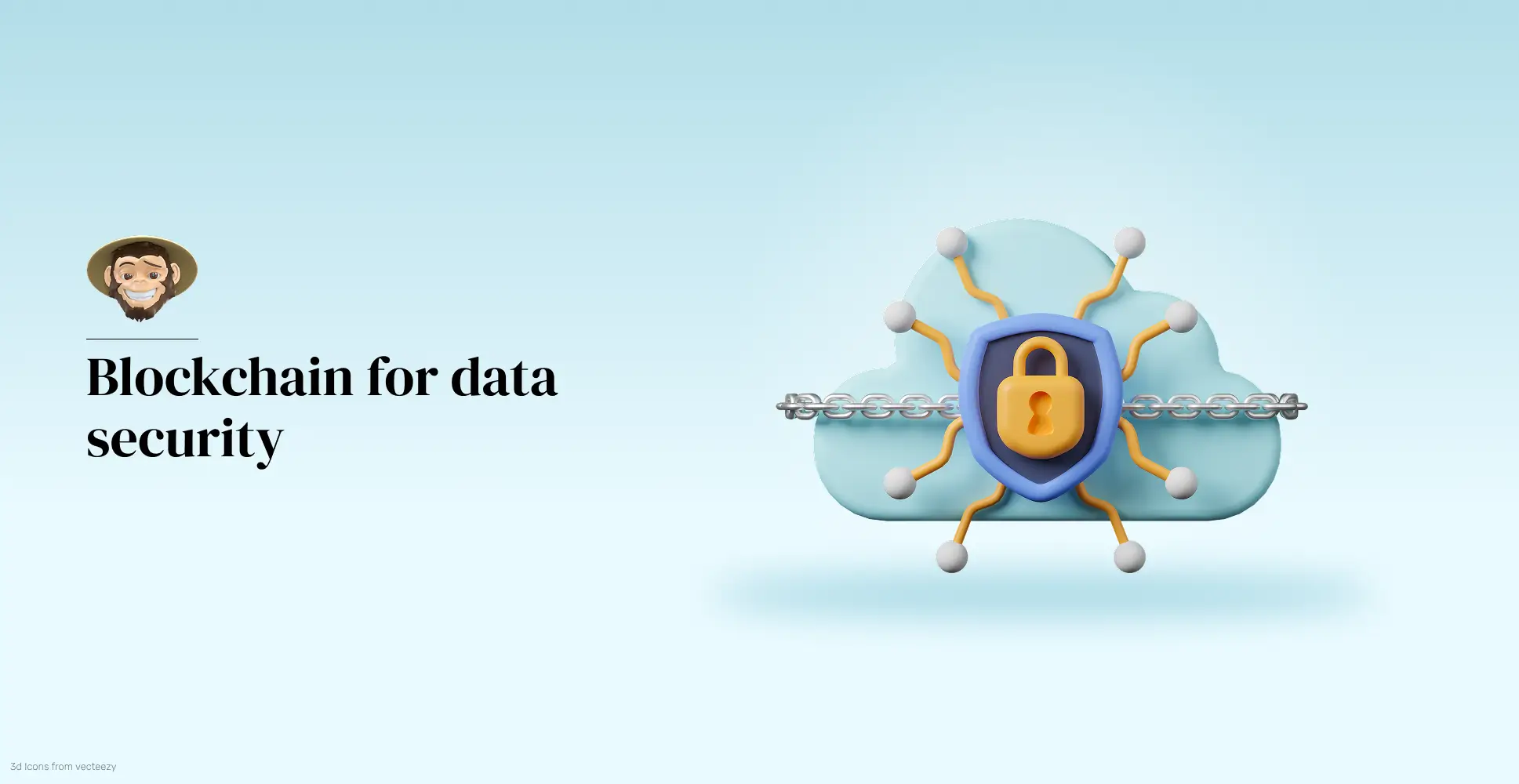
Blockchain for data security
The importance of data security in healthcare apps is always a critical concern. However, as technology evolves and digital healthcare becomes more widespread, sensitive patient information will be shared more frequently across apps, devices, and platforms. As a result, the need for ensuring the integrity, confidentiality, and accessibility of patient data for 2025 and beyond is more critical than ever. Thankfully, blockchain technology, known for its decentralized and immutable nature, has evolved to the point of becoming a robust solution to the security challenges inherent to healthcare apps and other digital healthcare solutions.
By 2025, blockchain is poised to revolutionize healthcare apps, ushering in a new era of data security and management. Its transformative potential is boundless, and here’s how it will reshape the landscape of medical data.
Blockchain-based security solutions for healthcare apps and software are set to revolutionize the industry. They offer unparalleled efficiency in eliminating the friction and high costs of existing security systems and intermediaries, which reassures us of their effectiveness.
Blockchain-powered exchanges between stakeholders in the medical field will now have the potential to unlock the true power of interoperability. Fragmented healthcare systems will connect more seamlessly and facilitate collaborative insights, leading to better medical care delivery and assessment.
Blockchain can track pharmaceutical supply chains, verify medication authenticity and safety, and prevent counterfeit or expired drugs from reaching patients.
Blockchain-secured datasets are set to revolutionize AI-driven insights in healthcare, ensuring the accuracy and reliability of AI algorithms and machine learning models.
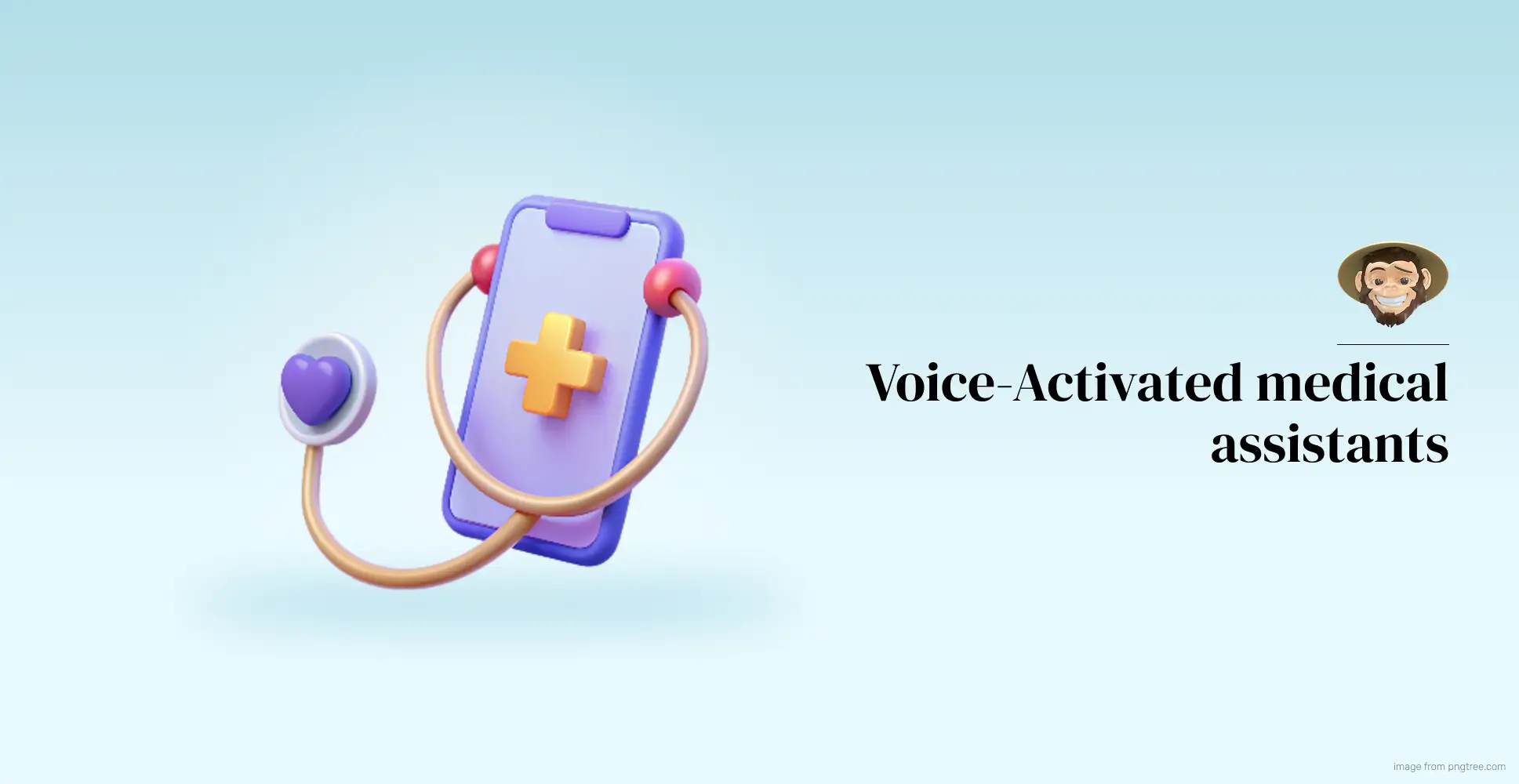
Voice-Activated medical assistants
As we look towards the future of healthcare, voice-activated assistants stand out as a beacon of hope. With their AI-powered ability to interpret spoken commands and provide intelligent, context-aware responses, these assistants have the potential to revolutionize healthcare. In 2025 and beyond, we predict they will become life-saving tools, offering patients a modern highway of information and care.
Voice-activated medical assistants can check symptoms, remind users to take their medication, help them schedule appointments, educate users on their conditions and how to live with chronic illnesses, integrate with IoMT devices, and provide emergency assistance. They will also likely start incorporating more languages to cater to a broader and more global audience and become more interoperable so their network or interactions can keep expanding.
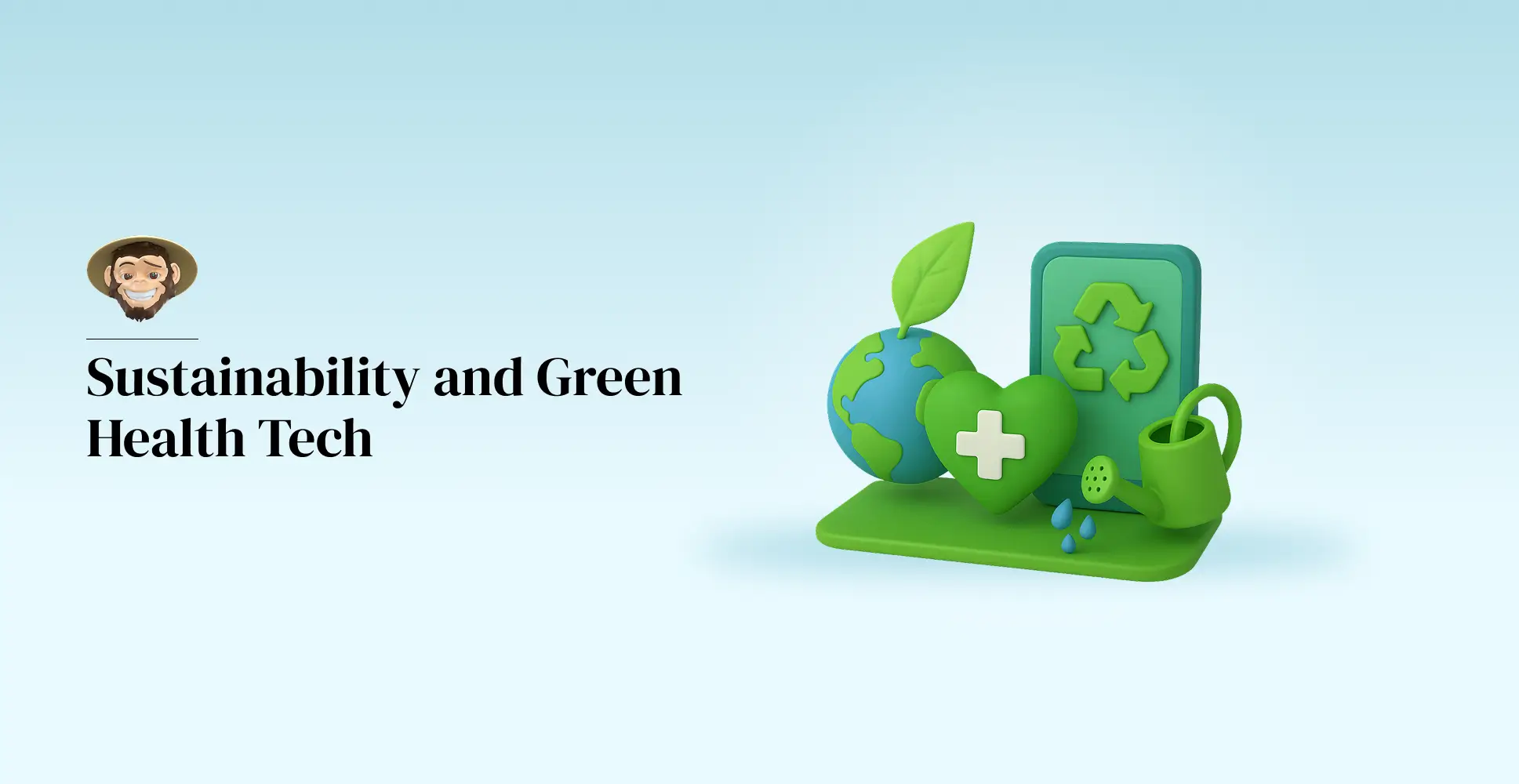
Sustainability and Green Health Tech
The concerns for global warming and our planet’s integrity will only intensify, and for 2025 and beyond, interest in environmental sustainability will surely increase. Luckily, the medical and healthcare app development industries seem to be stepping up their efforts to embrace greener practices. These efforts, such as promoting energy-efficient development, building solutions for low-waste medical devices, promoting virtual consultations to reduce emissions, encouraging the transition to EHRs to minimize paper use, and enforcing green practices in hospitals and development companies, are not just about saving the planet. They also present a significant opportunity for cost savings. We predict that these sustainability efforts will become more widespread in 2025, bringing not only a healthier planet but also financial benefits in the form of operational efficiency and better health outcomes.
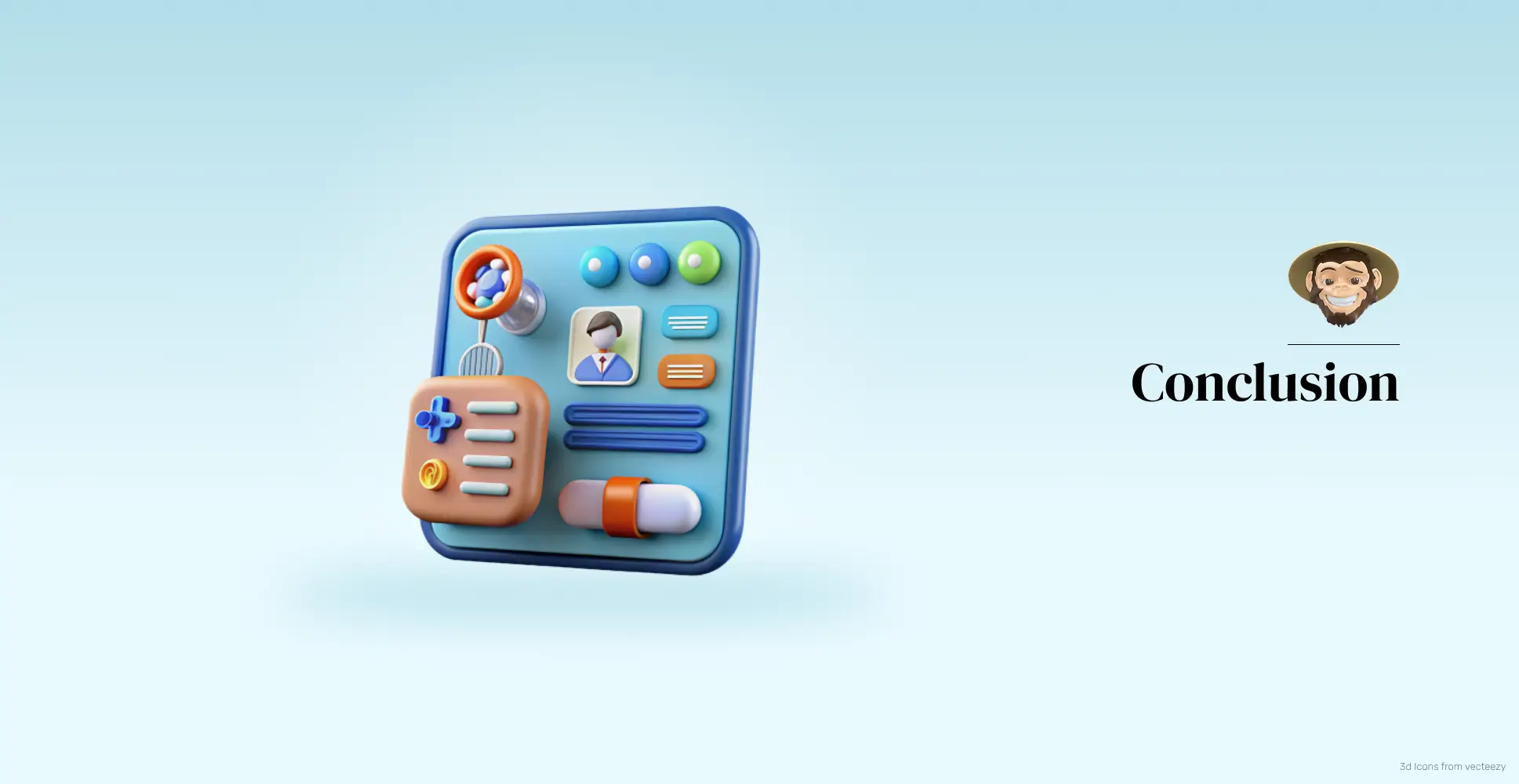
Conclusion
As we enter 2025, the landscape of healthcare app development is at the gates of a significant transformation driven by advancements in AI, IoT, blockchain, and sustainability. These innovations will surely drive a search for better patient experiences and improved accessibility, two trends of utmost urgency and significance. They will be priceless in empowering providers to offer more competent and personalized care and users to take charge of their health, reliving some of the tension in the global healthcare system.
At Foonkie Monkey, we believe that by staying ahead of these trends and embracing cutting-edge technologies, healthcare app developers and medical organizations can not only meet the demands of a rapidly evolving industry but also set new benchmarks in innovation and care quality. If you have any questions or want to work with us on your product, don’t hesitate to reach out!
